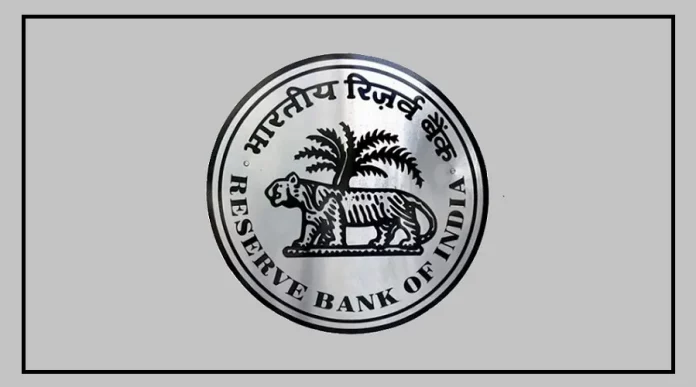India continues to receive positive news on its economic front, with encouraging projections and measures being implemented.
The Reserve Bank of India (RBI) has estimated a GDP growth rate of 6.5 percent for the current financial year, surpassing the International Monetary Fund’s (IMF) earlier projection of 5.9 percent in April.
Fitch Ratings, a prominent rating agency, has also revised India’s GDP growth rate estimate to 6.3 percent for the same period.
Furthermore, steps have been taken to address the potential economic risks associated with hoarding Rs 2000 notes.
72% of 2000 Rupee Notes Returned
RBI Governor Shaktikanta Das has revealed that within a month of the decision to withdraw Rs 2,000 notes from circulation,
more than two-thirds of the total amount, equivalent to Rs 2.41 lakh crore out of Rs 3.62 lakh crore, have been returned to the banks.
Governor Das emphasized that this withdrawal will not negatively impact the economy.
Successful Achievement in One Month
On May 19, the central bank announced the withdrawal of the Rs 2,000 note.
Individuals were given until September 30 to deposit these notes in their bank accounts or exchange them for other denominations.
As of March 2023, Rs 3.62 lakh crore worth of Rs 2,000 notes were in circulation.
Governor Das stated, “Since the decision to withdraw Rs 2,000 notes, more than Rs 2.41 lakh crore,
which accounts for over two-thirds of the total Rs 3.62 lakh crore, has been returned to the banks.
” Approximately 85 percent of the returned Rs 2000 notes have been deposited into bank accounts.
Earlier, after the monetary policy review on June 8, Governor Das reported that Rs 1.8 lakh crore worth of Rs 2,000 notes had been returned, constituting around 50 percent of the total Rs 2,000 notes in circulation.
Of this amount, approximately 85 percent was deposited in bank branches, while the remainder was exchanged for notes of other denominations.
No Adverse Impact on the Economy
When questioned about the potential impact of withdrawing Rs 2,000 notes on the economy, Governor Das confidently stated,
“I can assure you that the current withdrawal of Rs 2,000 notes will not have any adverse effect on the economy.
” Notably, a report by SBI Research suggests that the withdrawal of Rs 2000 notes from circulation could boost consumption and potentially maintain a GDP growth rate above 6.5 percent in the current financial year.
According to the report, “We anticipate an 8.1 percent growth rate in the April-June quarter as a result of the withdrawal of Rs 2000 notes.
This reaffirms our belief that the GDP growth for the financial year 2023-24 may exceed the RBI’s projection of 6.5 percent.”
In response to the report, Governor Das stated, “The decision to withdraw the Rs 2000 note was not based on economic growth.
The consequences of this decision will be known later, but I can confidently state that the withdrawal of the 2000 rupee note will not have any adverse effect on the economy.
The extent of positive outcomes will become evident in due course.”
